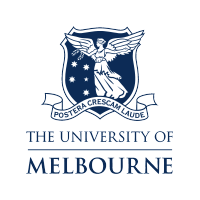Curriculum
Epidemiology (EPI)
On completion of this unit students should be familiar with the major concepts and tools of epidemiology, the study of health in populations, and should be able to judge the quality of evidence in health-related research literature.
COORDINATORS:

General outline
Time commitment
8-12 hours total study time per week
Semester availability
Semester 1 & 2
Assessment
As prescribed by university
Prescribed Texts
As prescribed by university
Special Computer Requirements
NilContent
Topics include: historical developments in epidemiology; sources of data on mortality and morbidity; disease rates and standardisation; prevalence and incidence; life expectancy; linking exposure and disease (eg. relative risk, attributable risk); main types of study designs – case series, ecological studies, cross-sectional surveys, case-control studies, cohort or follow-up studies, randomised controlled trials; sources of error (chance, bias, confounding); association and causality; evaluating published papers; epidemics and epidemic investigation; surveillance; prevention; screening.
Resources
Resources dependent on delivering university facilities
Notes
All units of study in the BCA curriculum were developed specifically for the program, with the exception of EPI which was a pre-existing unit at most universities. This means that students may have a choice of options for studying EPI in one or both semesters, depending on their home university. Home university Program Cooridnator may direct students to the EPI offered at that university, or students may be able to choose between units delivered face-to-face locally or, alternatively, by distance elsewhere. This is the only instance in the BCA curriculum where a choice for study options may exist. All other BCA units are delivered by distance by one university only in any semester. Program coordinators at each consortium university can advise about Epidemiology choices. If a local study option is not offered at a home university, students will be doing (Introduction to) Epidemiology delivered by distance from the University of Queensland.




